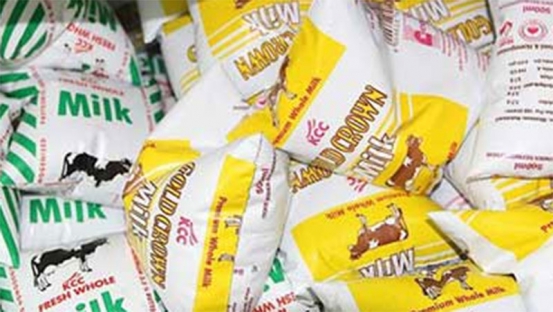×
The Standard e-Paper
Home To Bold Columnists

There are so many things troubling Kenyans at the moment. However, none seems to be more nagging — party primaries and their attendant chaos and violence notwithstanding — than the skyrocketing prices of basic commodities.